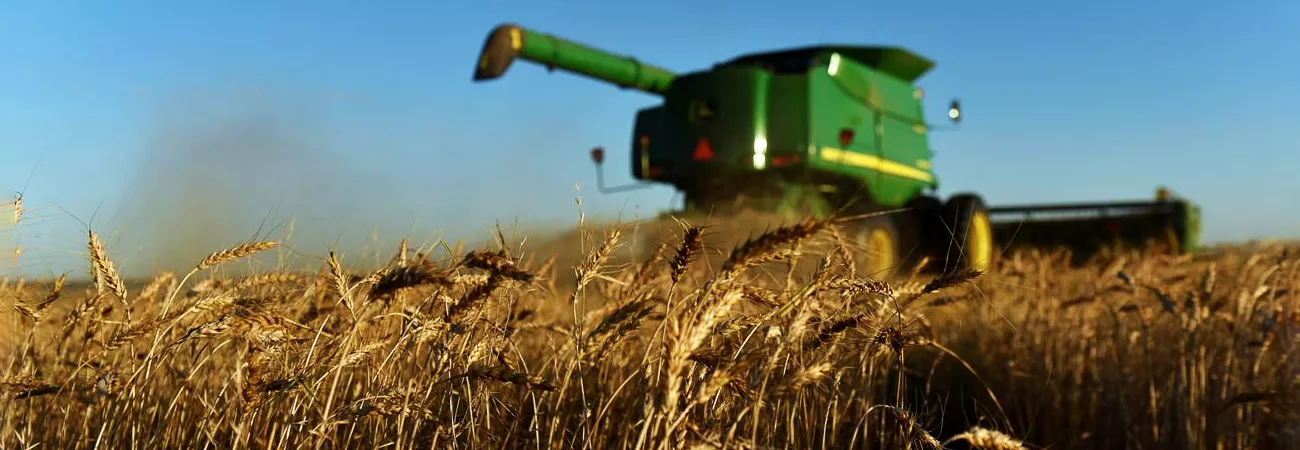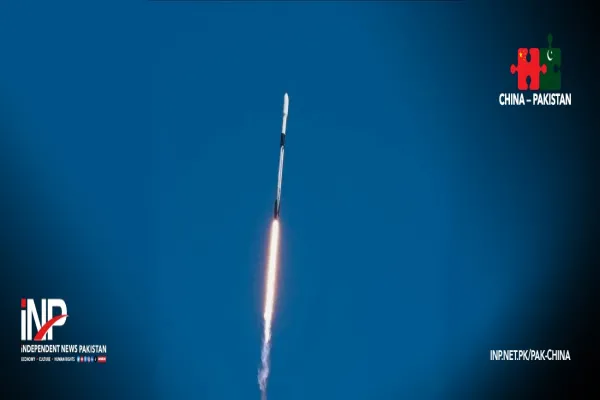i NEWS PAK-CHINA
Islamabad, August 12 (INP): China and Pakistan have agreed to further strengthen cooperation on natural disasters prevention and mitigation to build a China-Pakistan community with a shared future which will ensure a stable platform for preservation of natural resources, according to a report published by Gwadar Pro on Thursday.
It was believed that mainly cooperation in agriculture needed to counter climate change. This year Pakistan has experienced the hottest summer in the last thirty years which has badly affected its people, crops and fruits alike.
The heat was intensified, prolonged and widespread and coupled with below-average rainfall, impacting hundreds of millions of people in the country.
According to an official study (2020-2021), rice crops would be badly affected in the country due to alarming high temperature. Even wheat and rice yields will decrease by 6 percent and 15-18 percent respectively across Pakistan, except for the northern areas.
Climate change also geared-up water shortage in the country even “metropolitan cities” like Lahore, Karachi, Islamabad, Rawalpindi and many others are facing the bitter reality of water depleting situation. Life has become more vulnerable and miserable in big cities in the country.
Cholistan is one of the most affected areas, which is going through acute shortages of water. People are suffering and losing their sources of livelihood, e.g. livestock.
Sixty percent of the population of Pakistan is directly or indirectly reliant upon rain-fed agriculture that depends on predictable weather patterns. Global climatic change affects its agriculture and its impacts seem to increase daily.
Therefore, Pakistan should seek cooperation with China on diverse sectors of agriculture production, climate change, water conservation, cultivation of hybrid crops, scientific cooperation to mitigate spillover ramifications of climate change in the country.
The ongoing cooperation between Faisalabad Agriculture University and Chinese universities should be further strengthened, highlighting new areas of mutual and befitting cooperation. In this regard, the establishment of a Special Agriculture Technology Zone (SATZ) in Faisalabad should be built as soon as possible and invite Chinese counterparts and enterprises for this project.
The China Machinery Engineering Corporation (CMEC) showed keen interest in setting up an Agriculture, Science and Technology Transferring Center in Pakistan to boost cooperation in agriculture mechanisation for the improvement of crops’ yield and seeds’ quality in the country which is good omen for the development of mechanized agro-production, economy an industry alike in the country.
Even, Pakistan Agricultural Research Council (PARC) and Chinese Yunnan Academy of Agricultural Sciences (YAAS) signed a memorandum of understanding (MoU) to promote agricultural cooperation between Pakistan and China.
Hopefully, it will further enhance agriculture cooperation in diverse sectors of research, plantation and production in the country. Moreover, plant protection and pest control will be increased manifold and cross-border agricultural pest research, talent cultivation and scientific and technological training will also be further strengthened and streamlined.
The Joint Working Group on Agriculture under CPEC is working on Joint Action Plan and recently China-Pakistan Green Corridor was also launched to further streamline cooperation in the areas of food security, new seed development, crops yield, corporate farming, irrigation etc.
Furthermore, the Chinese partners' contract-based chili farming in the country is about to cultivate a cumulative 5,000 acres. Even onion exports to China are recent dividends of deepened agricultural trade. Likewise, Pakistani fish and rice have gained a significant place in Chinese markets.
China's comprehensive and timely support to counter locust swarms helped avoid a food crisis in the country's southern areas. These are a few examples of recent developments observed under improved business-to-business and people-to-people contracts between the two countries, which has further strengthened bilateral agriculture cooperation between two brotherly countries.
Collaborations in precision agriculture and early warning systems should be further strengthened to boost crop productivity, climate resilience, water management and help fight natural calamities like locust infestation.
Seeking support in climate-smart agriculture could be of greater interest to Pakistan as China's digital agro-economy is about to grow over $ 100 billion. Thus, integrating advanced information technology could help bring a third green revolution.
Credit: Independent News Pakistan-INP









